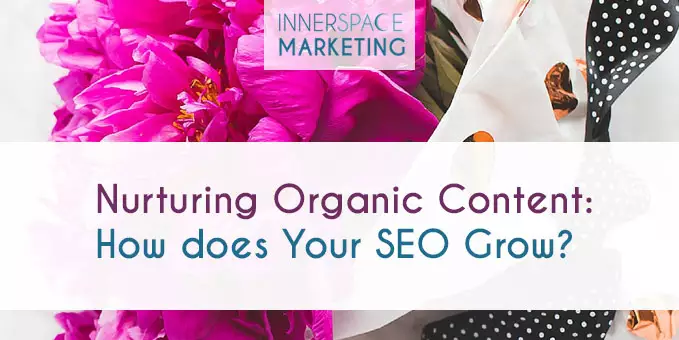SEO is a hot topic these days. Everyone wants great Search Engine Optimization (SEO), which to many people means high placement on Google, Yahoo, and Bing search engines. Gaining that coveted slot within the page one status is achievable, with time. Depending on your market niche, it may look next to impossible to edge out the big box companies; however, all is not lost.
You can build your search engine credibility up over time with organic content. What does that really mean? It means the content on your webpage is relevant to what a person is searching for online, as opposed to just ads that contain that person's search words.
How do you know if your content is relevant? You track it with tools like Google Analytics and webmaster tools from Google, Yahoo, and Bing. See how many hits your page, article, or blog post is getting and what keyword terms people are using to find it. Take a look at the content get the most hits and compare it to the one getting the least hits.
Now review your page content. Are the terms people are using are similar to the words in your content? Say you are a interior designer and you write a blog post on how to incorporate vintage pieces into a modern space. The majority of people coming to your post typed in searched on “Vintage Modern Home”. Review your piece and make sure that is a key phrase, either by tweaking your title or in the first paragraph. Now if they are searching on word phrases like “retro modern”, or “modern kitsch”, consider tweaking your content further or writing a follow-up post directed to those terms.
This analysis is very helpful in discovering what is interesting and relevant to your readers. If you study what works, and use that as your guide for future content, you'll not only be engaging your readership, you'll pick up the attention of the search engines. As more people share your content through social channels (Facebook, twitter, tumblr) your content will be perceived as relevant and interesting though the complex algorithm search engines use for ranking.
Your best practice is to produce relevant, unique content often. Check it regularly using analytical tools and tweak it for maximum organic growth. Great content that is relevant can keep producing good SEO ranking for you, long down the road.


